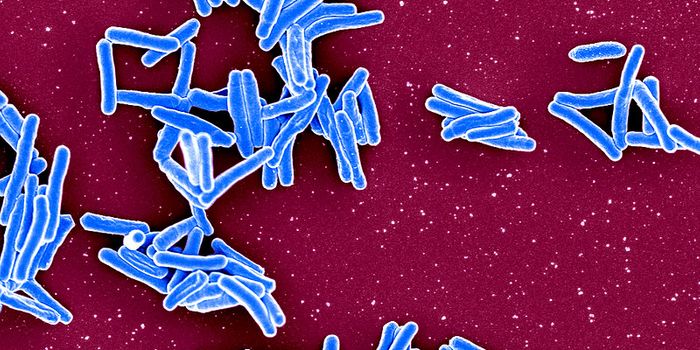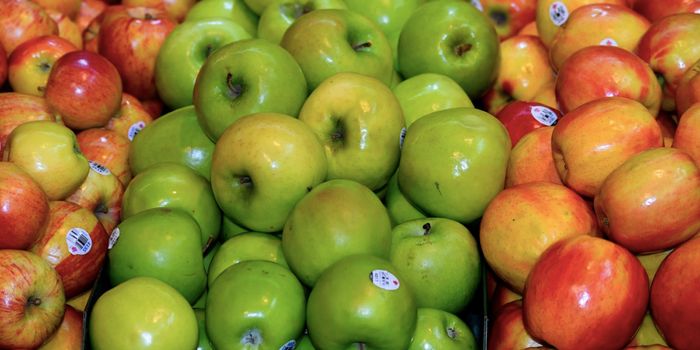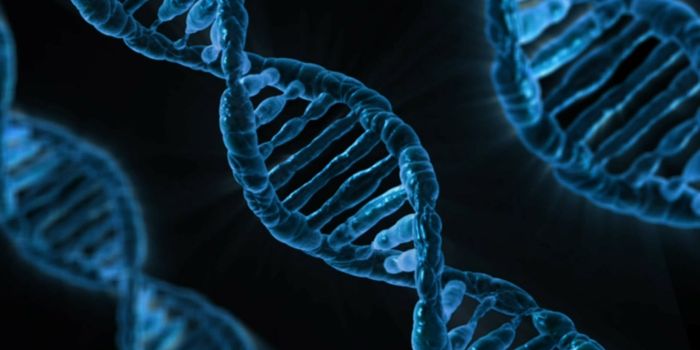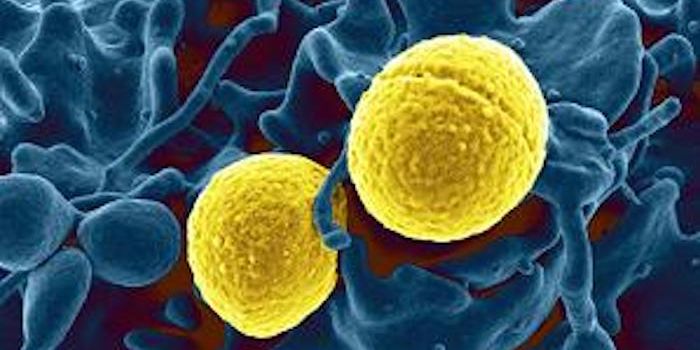A man's best friend is one of the most genetically engineered animals ever. Historically, Border Collies were bred to herd livestock, German Shepherds were bred to work for the police, and Labradors were bred to retrieve game. Over many generations, humans have bred dogs with desirable traits which have resulted in specific, unique breeds. Traditional breeding takes many years and risks unintentionally selecting unfavorable genes. Now, DNA tests can cheaply identify the health risks a dog has.
Breeding for desirable aesthetic traits has resulted in many common health problems like hip dysplasia, diabetes, and brachycephalic obstructive airway syndrome (BOAS). DNA tests could help avoid breeding dogs that are genetically at risk for serious health problems and could eventually abolish some of these aesthetically caused risks. A dog DNA test works like a human ancestry kit; swab the saliva from the dog, mail the sample to the sequencing company, and the results are ready within a few weeks.
However, this knowledge is unlikely to cause the creation of "the perfect dog" because "perfect" is subjective. Avoiding health risks is universally desired by dog owners, but how much a dog enjoys (or despises) getting a bath is not. The goal is to breed dogs to be healthy pets.
Currently, purebreds are the model organisms of dog DNA tests. Since their ancestry is genetically less diverse than a mixed breed, abnormalities in the genes are easier to spot. Additionally, sequence screenings are more accurate for mixed breeds when the sample is compared to many different purebreds’ genomes.
Vicky Collins-Nattrass, a breeder and dog judge, worries that with this knowledge it will become fashionable to have a dog with unnatural eye or coat color. Since it is already acceptable to selectively breed animals, knowing the function of every gene raises questions about how far selective breeding will go. Collins-Nattrass worries that soon breeds will not be recognizable to how they are currently defined.








